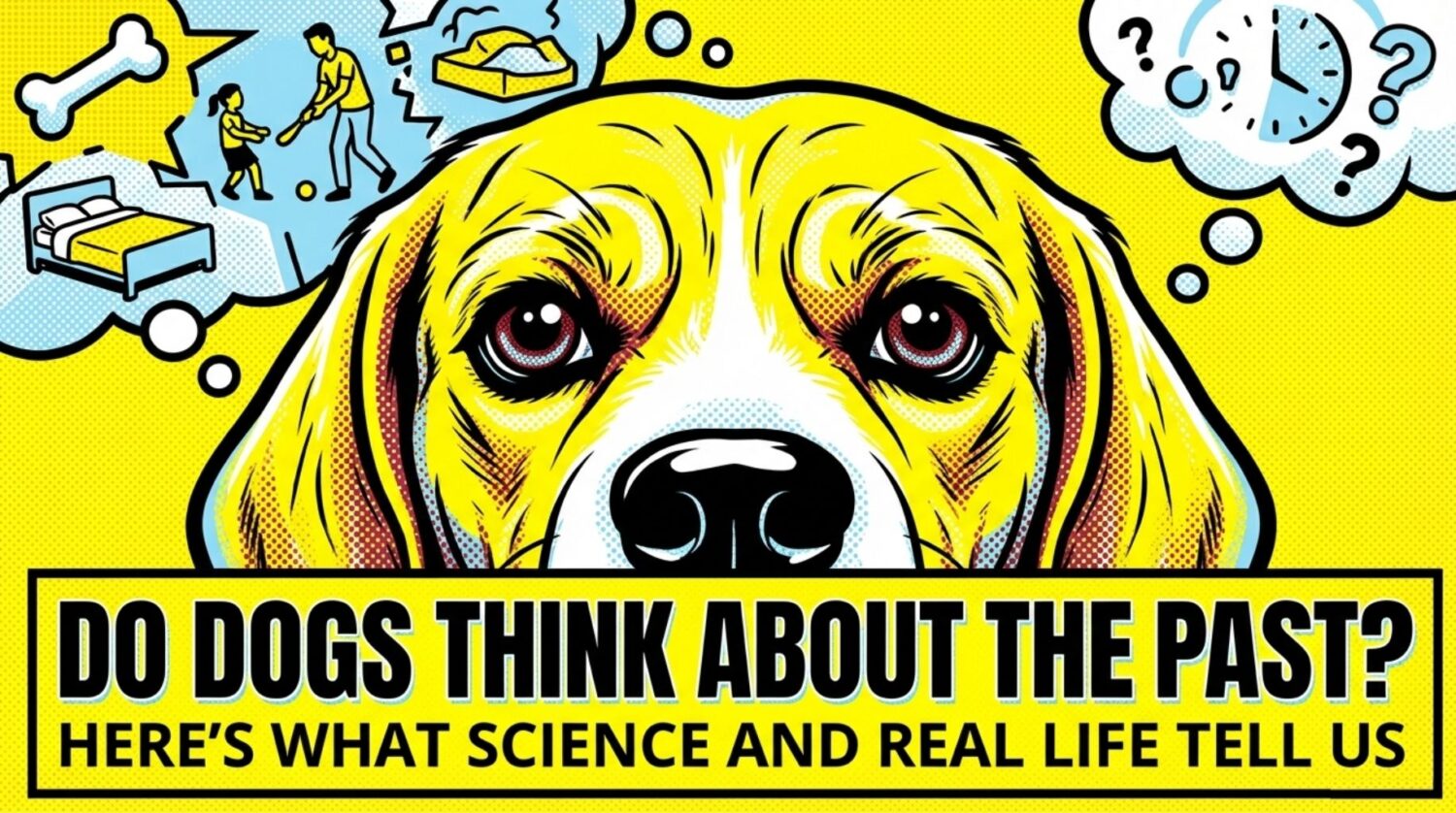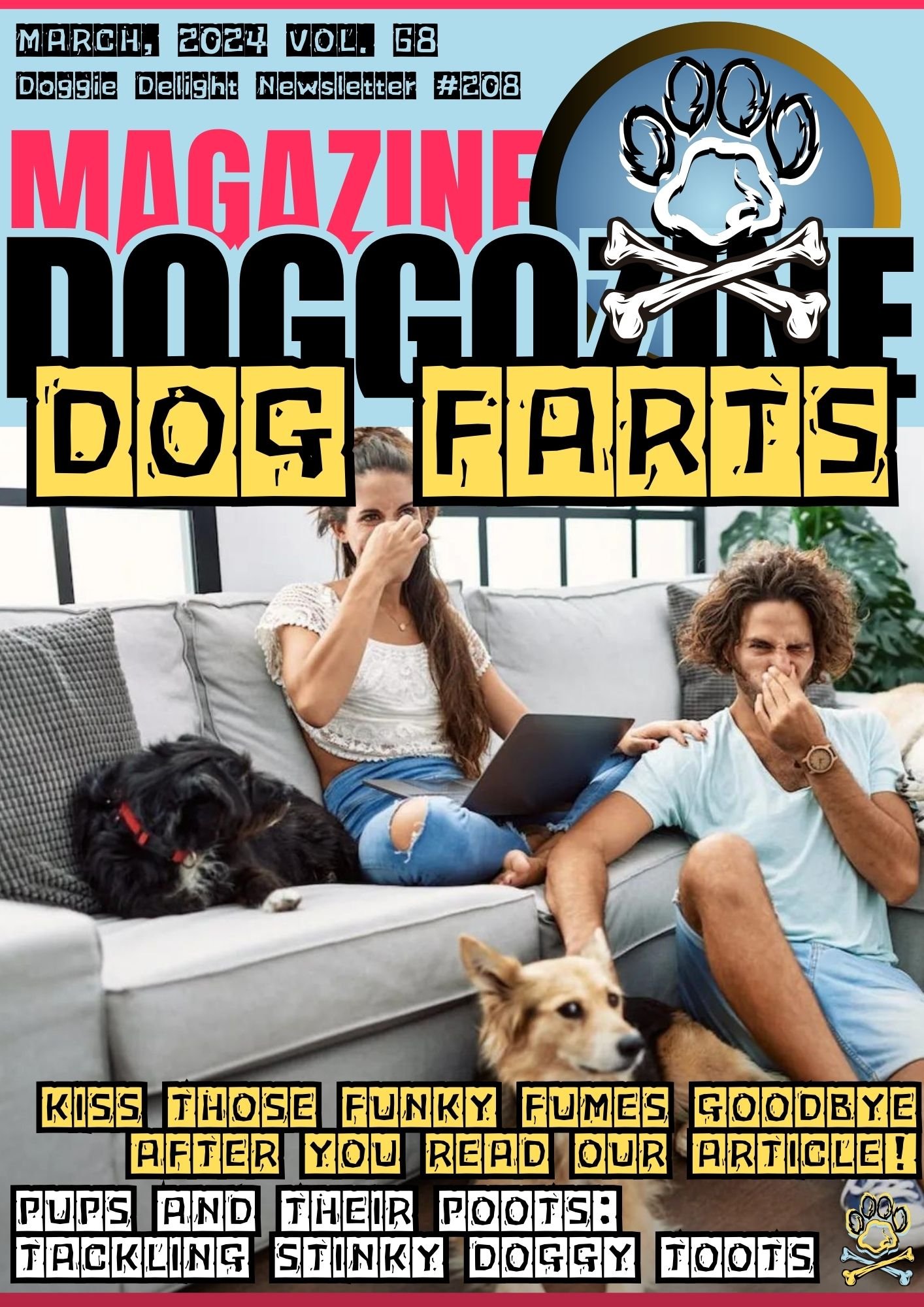
PUPS AND THEIR POOTS: TACKLING STINKY DOGGY TOOTS
Tired of holding your breath around your furry friend’s bum blasts? We get it – dog farts can be brutal! But don’t worry, we’ve got your back (and your nose) with this expert guide. Let’s dive into the world of canine flatulence and learn how to combat those stinky situations, keeping your pup’s poots under control and your home fresh as a daisy. Kiss those funky fumes goodbye after you read our article!
Unleash the Secrets to a Fart-Free Fur-Baby!
Imagine a life without constant nasal assaults. A life where you can snuggle up to your best bud without reaching for the air freshener. From uncovering the root causes of doggy gas to implementing practical solutions, we’ve got a treasure trove of insights that’ll transform your pup’s gas-passing habits. Ready to say goodbye to stinky scenarios and hello to a fresher, fart-free future? Let’s get started!
What are Dog Farts, Anyway?
A dog fart is simply a buildup of gas in your furry pal’s intestines. This gas is produced during digestion and released through the rectum, often accompanied by an odor that could clear a room. But what causes this gaseous buildup in your dog’s body? It’s a combo of factors, including diet, digestive health, and even breed-specific traits.
So, whether your pooch is a mighty mutt or a pedigree pup, their toots might be tied to their unique doggy DNA. But fear not, we’ve got strategies to tackle those toots, no matter the breed or bum blast intensity.
Dogs can experience gas due to certain foods. High-fiber or hard-to-digest items may cause flatulence. Some dogs have sensitive stomachs or food allergies that lead to excessive gas. Understanding the science behind dog farts is key. By exploring causes and prevention’s, you can help your dog’s digestive system. This will keep your home fresh and odor-free.
🔑 Key Points: Dog farts result from gas buildup in intestines. Diet, digestive health, and breed traits influence this gas production.
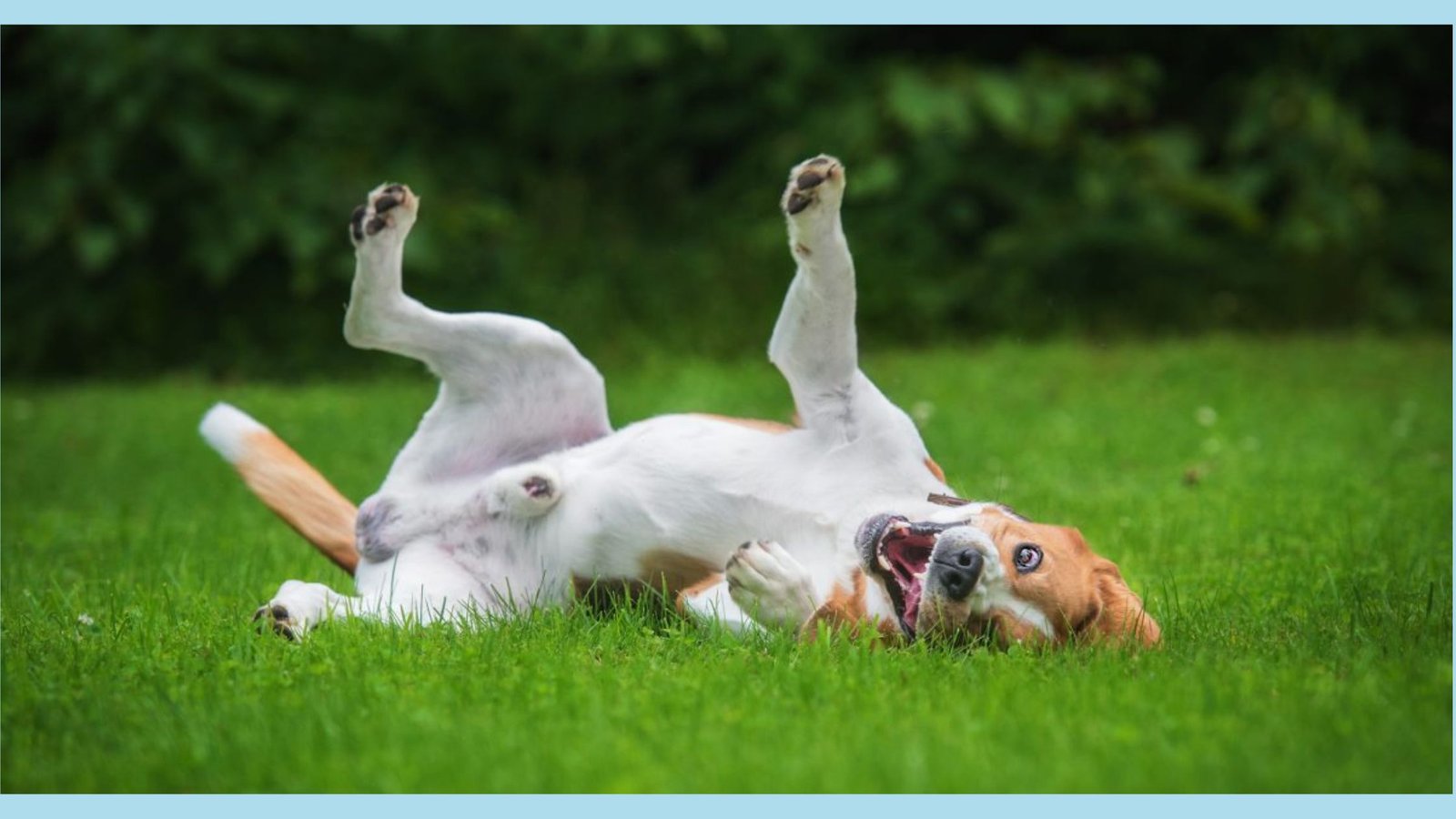
UNDERSTANDING DOG FLATULENCE: CAUSES AND PREVENTION
To address dog flatulence, grasp the root causes. Explore preventive measures too. From diet tweaks to gut health fixes, various factors contribute to smelly dog gas.
Diet’s Role in Dog Farts
A prime cause of excessive dog farts is their diet. Just like humans, dogs can develop food allergies or intolerance. These lead to digestive issues and increased gas. Common allergens in dog food are proteins like beef, chicken, and dairy. If you suspect a food allergy, work with your vet. Identify the trigger and make dietary changes accordingly.
Introducing brand-new foods too fast can also mess up your dog’s digestion. It can cause flatulence. When switching to a new diet, do it slowly. Take several days. This allows your dog’s body to adjust. Also, table scraps and human foods can be bad for dogs. They may contain things that are hard to digest. Or high in fat. Stick to a balanced diet made for dogs. This minimizes tummy issues and too much gas.
🔑 Key Points: What a dog eats plays a big role in farting. Food allergies, intolerance, and sudden diet changes are common causes.
How Brachycephalic Breeds Are At Risk
Brachycephalic dog breeds like Pugs, Bulldogs, and Boston Terriers tend to fart more. Their unique facial shape is why. These dogs have shortened snouts. This can make them swallow lots of air when eating or drinking. This extra air goes through the digestive system. It’s released as gas.
So they fart more often, and their farts can smell worse. Brachycephalic breeds may also have narrow nostrils or long soft palates. This adds to their farting risk too. If you have a brachycephalic dog, watch how they eat. Consider using slow-feeder bowls. This reduces how much air they swallow during meals.
🔑 Key Points: Brachycephalic breeds are prone to dog farts. Their facial shape makes them swallow more air when eating or drinking.
Understanding Your Dog’s Gut Health
A balanced gut plays a vital role in proper digestion. It minimizes excessive gas in dogs. The gut microbiome comprises bacteria, fungi, and other tiny organisms. These work together to break down food, supporting overall health.
An imbalance can disrupt digestion and increase flatulence. Antibiotics, stress, poor diet – all impact the gut microbiome balance. Feeding prebiotics and probiotics supports gut health. Prebiotics are fibers that nourish good gut bacteria. Probiotics are live microbes that maintain a healthy gut flora balance.
Plain yogurt, kefir provide natural probiotics for dogs. But introduce these gradually to avoid digestive upsets. Regular exercise aids digestion, promoting bowel movements. Managing stress prevents gut imbalances from emotional turmoil.
🔑 Key Points: Prebiotics, probiotics, exercise, stress management – these help maintain a balanced microbiome. This minimizes flatulence, supporting digestive wellness in dogs.
Understanding Your Dog’s Food Intolerance
If you notice excessive gas, diarrhea, vomiting, or itchy skin in your furry friend, they might have a food allergy or sensitivity. Work closely with your vet to identify the culprit and make dietary adjustments. Your vet may suggest an elimination diet. This involves temporarily removing potential allergens from your pup’s meals and gradually reintroducing them one by one. This helps pinpoint the trigger food.
Once identified, your vet can recommend a hypoallergenic or limited-ingredient diet. This diet meets your dog’s nutritional needs without causing digestive issues. Remember, food allergies can develop at any age, even after years of eating the same food. Stay alert to changes in your dog’s digestive health. Consult your vet if you notice concerning symptoms.
🔑 Key Points: With guidance from your vet, identifying and managing food allergies through dietary changes can reduce excessive gas. This promotes better overall digestive health in dogs.
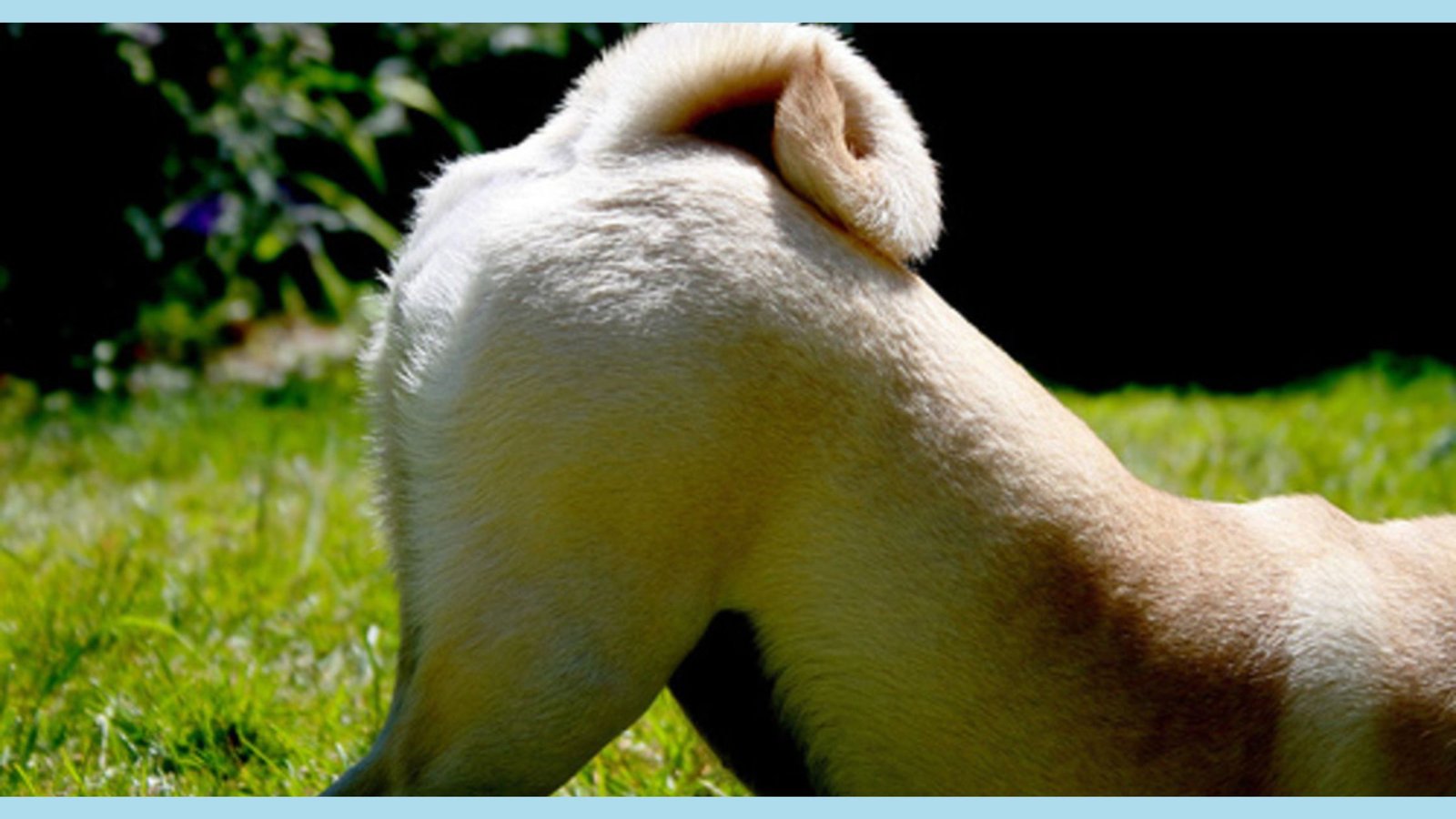
EFFECTIVE STRATEGIES TO COMBAT DOG FARTS
Now that you understand the causes of dog flatulence, it’s time to explore effective ways to combat those smelly farts. Making strategic changes to your dog’s diet, exercise routine, and overall health management can significantly reduce excess gas and promote a healthier digestive system.
Is Your Dog Diet Causing Smelly Farts?
If your doggo has been letting out some serious stinkers, it’s time to check their chow. A balanced diet, suited for your furry friend’s needs, can do wonders. Upgrade to a high-quality kibble with lean proteins, complex carbs, and healthy fats. This helps digestion and nutrient absorption.
Not sure what’s best? Talk to your vet. They’ll suggest a diet perfect for your pup’s breed, age, and health. With their guidance, you can pick the pawfect food to stop those smelly toots.
🔑 Key Points: The right diet, chosen with vet’s help, can fix digestive troubles and cut down farts.
Get Your Pup Moving for Better Toots
Exercise isn’t just for fitness – it helps digestion too! Daily activity gets your pup’s insides moving, preventing gas buildup. Aim for 30 minutes of playtime, walks, or games each day. Adjust as needed for age and breed.
With a little workout and the right chow, your furry pal will be farting less. No more holding your nose!
Exercise helps dogs stay healthy. It keeps their weight down. This is key to prevent too much gas. Dogs who weigh more often have tummy troubles and pass a lot of wind.
🔑 Key Points: Exercising your pup routinely aids digestion, cuts down on smelly gas, and keeps them at a good weight.
Benefits of Slow Bowls and Good Eating Habits
How your dog eats matters too. If they wolf down food, they may swallow lots of air. That can mean more farts later. Try a slow feeder bowl. These have mazes or bumps. They force your dog to eat slower, taking in less air. Set a calm routine for meals too. No distractions means they’ll eat with care.
For multi-dog homes, feed separately. Competition can rush eating. Less rushing means less gas. By making mealtimes calmer, you can cut down on smelly surprises.
🔑 Key Points: Using slow feeder bowls and good eating habits can cut down the air your dog gulps while eating. This helps reduce farts.
Supplements That Aid Digestion
Sometimes, adding supplements to your dog’s food can ease too much gas. It can also promote gut health. But check with your vet first to ensure they are safe for your dog.
One option is yucca schidigera, from the yucca plant. It has saponins that can reduce stinky compounds in the gut, making dog farts smell less bad.
Zinc acetate may also help by binding to hydrogen sulfide, a main cause of fart odor in humans and animals.
Probiotics and prebiotics aid gut health too. Probiotics add good bacteria to the gut. Prebiotics feed existing good bacteria, keeping the gut balanced.
For dog supplements, pick high-quality vet-recommended ones. Follow dosage closely. Use them with a balanced diet and other strategies for best results.
🔑 Key Points: Adding vet-approved items like yucca schidigera, zinc acetate, probiotics, and prebiotics can help cut down on stinky dog farts. Plus, they promote a healthier gut.
Keep an Eye Out for Health Issues
Dog farts happen sometimes. But too many toots could mean health problems. You may need to see the vet. Intestinal parasites like roundworms, hookworms, and giardia can irritate the gut. This causes more gas, diarrhea, and other tummy trouble. Regular deworming and fecal tests help prevent and catch parasite infections.
Gut diseases like inflammatory bowel disease (IBD), pancreatitis, and exocrine pancreatic insufficiency (EPI) can also lead to excess gas. These conditions cause inflammation, poor nutrient absorption, and digestive issues that increase gas. If your pup has chronic farts plus vomiting, diarrhea, weight loss, or no appetite, see the vet right away. They can run tests to find any underlying issues and get the right treatment.
In rare cases, too many farts could mean a serious problem like bloat or gastric dilatation-volvulus (GDV). Bloat happens when the stomach fills with gas and twists, cutting off blood flow. This needs emergency vet care. Signs include a swollen belly, restlessness, and unproductive vomiting.
Keeping your pup healthy is a top concern. Pay close attention to any unusual signs. If you spot worrying symptoms, act quickly. This helps ensure your furry friend gets the right care and treatment. A well-cared-for digestive system promotes overall well-being.
🔑 Key Points: Don’t ignore excessive gas. It could signal serious issues like parasites, GI diseases, or life-threatening bloat. If symptoms persist, consult your vet right away.
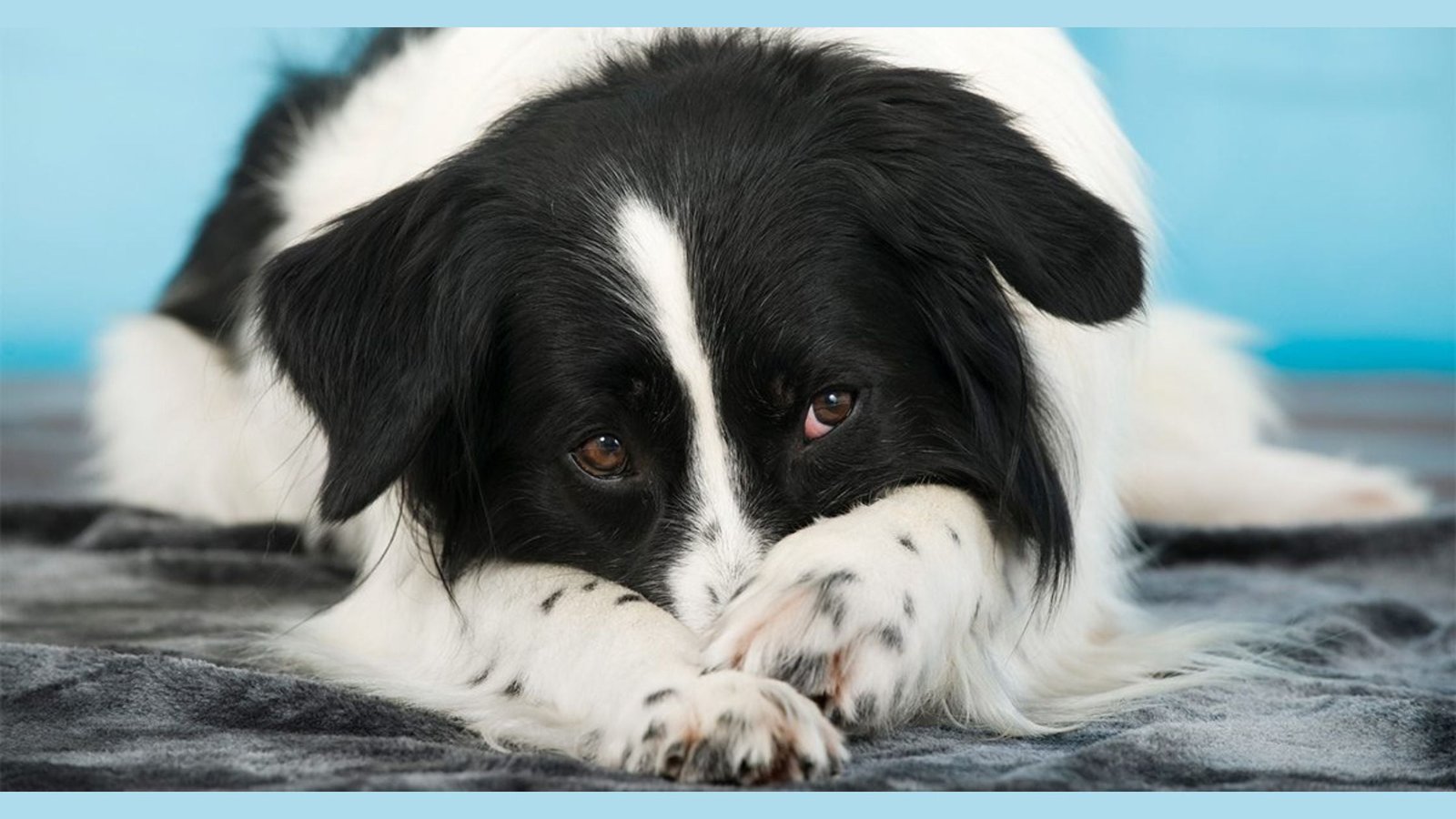
SMOOTHLY SWITCHING DOG FOODS: A STEP-BY-STEP GUIDE TO PREVENT FARTS
Switching Fido’s food suddenly? Bad idea. Their tummy can’t handle abrupt changes. Diarrhea, vomiting, and more gas may strike as their system struggles. To avoid digestive chaos, take it slow.
Why Gradual Transitions Matter
Your dog’s gut hosts a delicate bacterial balance. These microbes help break down meals. Introducing new foods rapidly disrupts this balance. Digestive distress follows.
Slowly changing diets allows gut bacteria time to adapt. This minimizes tummy troubles. You can also monitor reactions carefully. Make adjustments as needed.
Start the transition by mixing a little new food into the old. Over 7-10 days, steadily increase the new portion. Decrease the old portion until fully switched. This gentle approach keeps the dog’s digestion happy.
🔑 Key Points: It is very important to make a slow change over 7-10 days when switching your dog’s food. This gives their gut time to adjust. It helps prevent stomach upset.
Watch Your Dog Closely When Changing Food
As you change your dog’s diet, keep a close eye on them. Look for signs their stomach is upset. Some mild issues like loose stool or vomiting may occur at first as they get used to the new food. But these issues should go away in a few days. If problems like diarrhea or vomiting don’t stop, talk to your vet. They can check if the new food could be the problem. They may suggest a different diet or treatment.
Watch your dog’s energy, coat, and overall health during this change. With a good new diet, they should have stable energy, a shiny coat, and solid stools. It may take many weeks for your dog’s body to fully adjust to the new food. And it can take time to see less gas. Be patient and stick with the new food. But don’t hesitate to ask your vet if you have concerns.
🔑 Key Points: Monitoring how your dog responds to their new diet lets you spot any digestive issues or food intolerances. Talking to your vet helps ensure the switch goes smoothly.
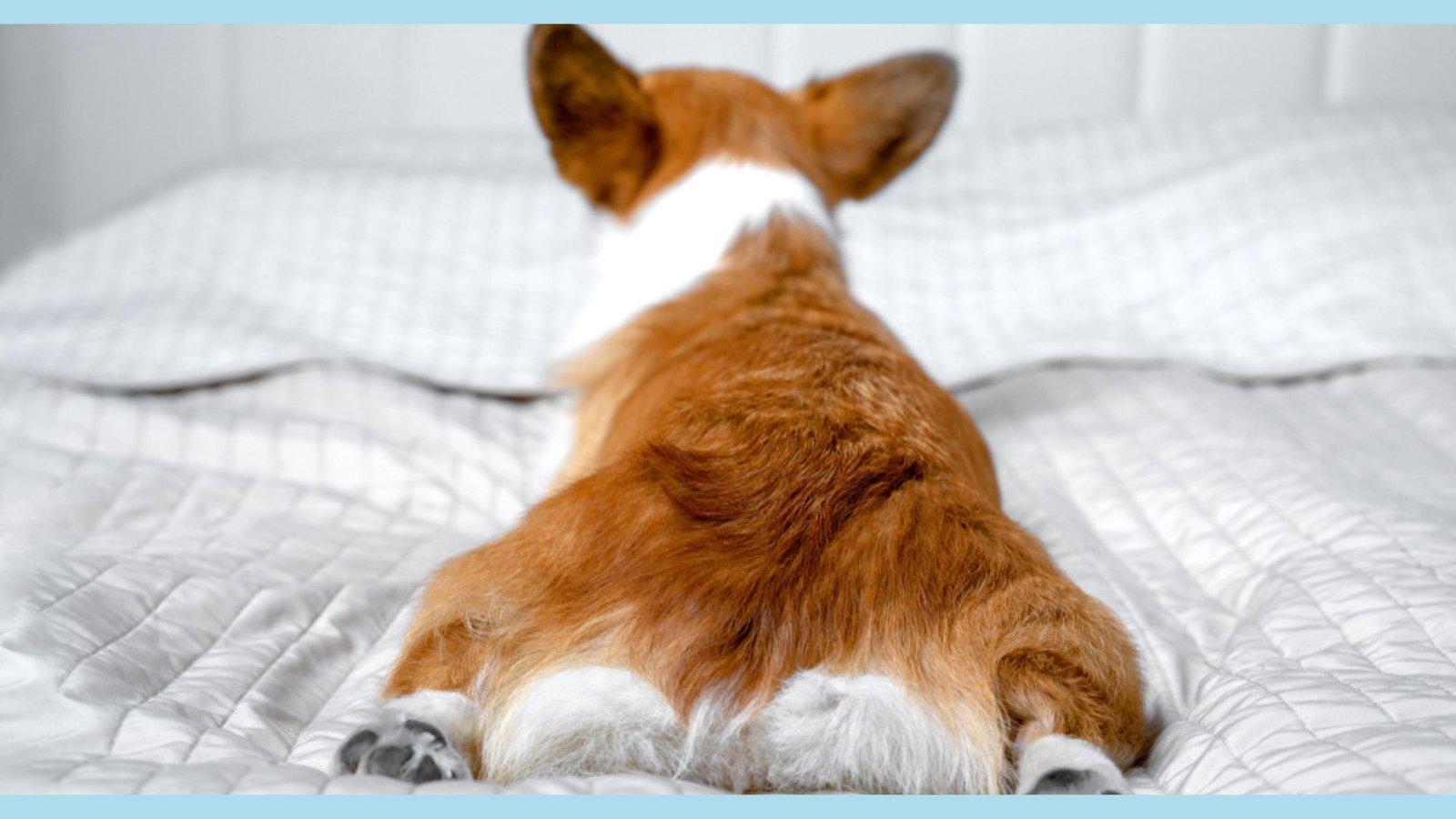
SIMPLE TRICKS FOR REDUCING DOG FARTS
Apart from diet changes and vet visits, you can try easy home remedies. These can help cut down on doggy gas and aid digestion.
Probiotics and Digestive Enzymes Play a Role
Adding probiotics and digestive enzymes to your pup’s diet may balance gut bacteria. This can boost digestion and minimize excess gas. Probiotics are good bacteria that keep gut flora healthy. Digestive enzymes break down food for better nutrient absorption.
When buying probiotic supplements, choose high-quality vet-recommended ones. Look for multiple bacterial strains like Lactobacillus and Bifidobacterium. Studies show they aid digestive health and reduce gas. Digestive enzyme supplements can also help. They break down complex carbs, proteins, and fats. This makes them easier for your dog to absorb. Dogs with food sensitivities may especially benefit.
Always consult your vet before giving new supplements. They can suggest safe, suitable products and dosages. The right choice depends on your dog’s age, weight, and health. Flatulence in dogs is common, but it can be managed. Key things to remember: probiotics and digestive enzymes help support a healthy gut and better digestion, reducing excessive gas.
Mindful Exercise is Crucial
Regular exercise keeps your dog fit. It also aids digestion and reduces gas buildup. Physical activity promotes food movement through the digestive system. Implement an exercise routine suited to your dog’s age and breed. To optimize exercise benefits for digestive health, tailor the routine to your dog’s needs.
The Takeaway on Dog Farts
You now understand how to combat dog farts and keep your home fresh. Explore diet, gut health, breed, and age factors that influence flatulence. Improve diet, exercise regularly, consider digestion supplements, and monitor health. Transition to new food gradually for your pet’s well-being. Probiotics and mindful exercise can help manage excessive gas. Myths are debunked, and FAQs addressed. Apply these strategies for positive change in your dog’s digestive health. Journey to fresher air with your furry friend.
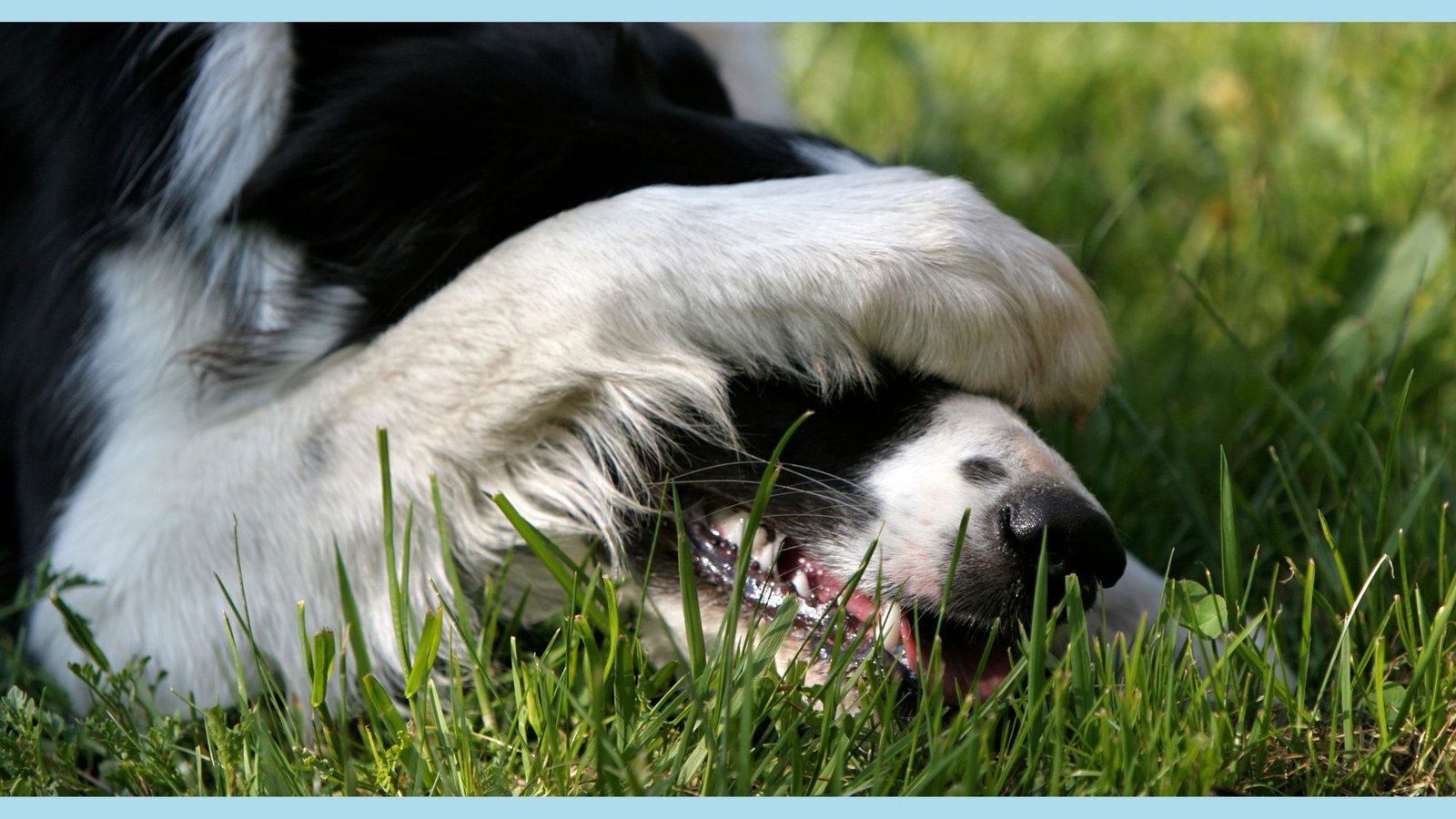
We find another cool article on this topic if you want to continue reading visit Pet Plan!





